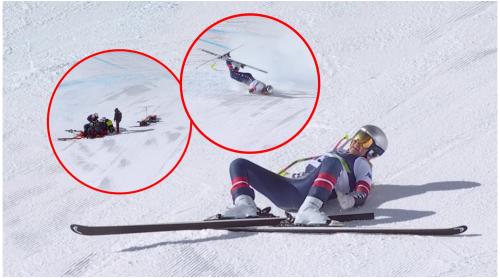
"The great danger that has to be avoided is the latent temptation of renationalizing the defense, which led to trembling experiences in the history of Europe." The words were spoken last week by the Eurocorps commander, Lieutenant-General Pedro Pitarch, in a speech held in Romania, at the National Defense College. The General, former head of the Land Forces in Spain, considers also that "Europe has an urgent need to raise the quality of the common security" and suggested that it would be appropriate to look less to the past and more to the future.
"The great danger that has to be avoided is the latent temptation of renationalizing the defense, which led to trembling experiences in the history of Europe." The words were spoken last week by the Eurocorps commander, Lieutenant-General Pedro Pitarch, in a speech held in Romania, at the National Defense College. The General, former head of the Land Forces in Spain, considers also that "Europe has an urgent need to raise the quality of the common security" and suggested that it would be appropriate to look less to the past and more to the future.
Pitarch's model focuses on solving an equation with three unknown terms. The first of these is the continued functioning of certain NATO military structures. Because, according to the Eurocorps commander, "NATO remains the milestone of the European defense." The Spanish General elegantly used the word "probably" when he referred to the need for restructure of the North-Atlantic Alliance.
The second term of the equation is the one that gives the biggest problems: the efficiency and reorganization of the European multinational forces. "Some see any attempt to transfer the military self-determination as a way to undermine the national identity," said the commander of Eurocorps. General Pedro Pitarch has warned that an important factor acting against the development of a real European defense structure is the "political inertia and hesitation as far as the simplification of the military structures is concerned". I mean, some of the politicians of the EU member countries perceive the multinational formations as units entering the competition for the use of the national resources and means, especially when the issue of personnel and funds is brought into discussion. Therefore, according to the military official, these units become "the enemy to defeat” and have a low priority compared to the purely domestic units in terms of allocation of resources for training and operations. In the current context, Pitarch recognizes that there aren’t so many countries that would accept spending big money on defense. What should we do then? The solution is to optimize the defense spending ratio by lining up to the European level. Moreover, General Pitarch wants an authentic cooperation at the highest political level between all the participating countries, which would lead to a normalization of the defense and military technique budgets.
The third term of the equation is that of maintaining the current levels of continental security during the transformation process. And this should not provoke a NATO - EU institutional duplication.
For the Eurocorps commander, the most important element of the European military capabilities, all this masquerade in the European defense has a goal. General Pitarch set Eurocorps as a tool for "the European Union to fulfill its objective to consolidate its role of global power."
The problem is how many of the European politicians have such a vision and stop controlling the defense budgets as they like in order to direct them to redundant acquisitions? How many screws in the East would be used for the tanks in the West? What country of the European Union would give up, at least partly, to its aerial facilities, for example, and leave the national aerial space defended by the fleet of a more advanced country? These questions should be answered first in the old Europe. In the places where several countries have individual claims of being recognized as global powers.
Citește pe Antena3.ro

















